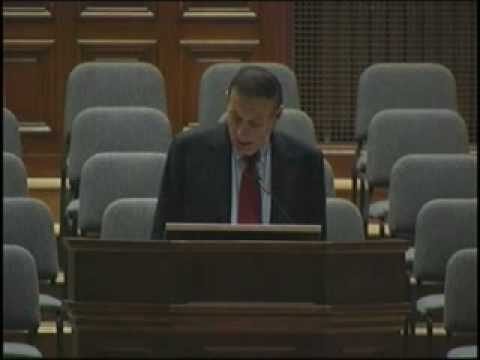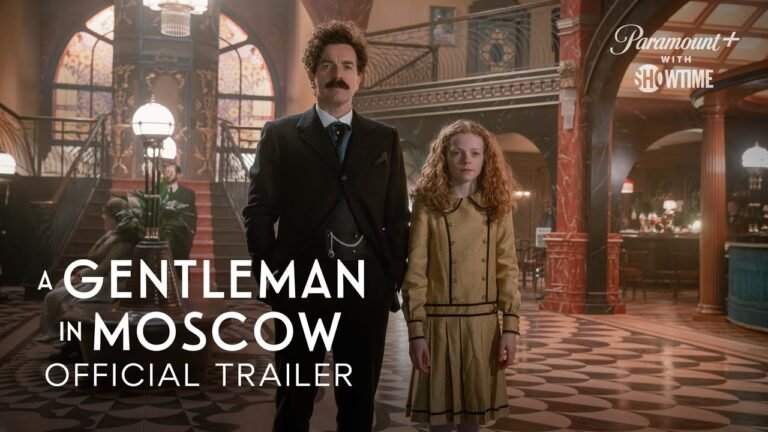The Clash of Ideas: C.S. Lewis and Sigmund Freud
In the realm of psychology and literature, the contrasting philosophies of C.S. Lewis and Sigmund Freud offer a fascinating exploration of the human experience. While Freud’s theories delve into the depths of the unconscious mind, emphasizing the role of repressed desires and instincts, Lewis, a devout Christian and celebrated author, champions the significance of faith, morality, and the spiritual journey. Their divergent views not only reflect the complexities of the human psyche but also invite us to ponder the fundamental questions of existence, purpose, and belief in a rapidly changing world.
How did C.S. Lewis view Freud’s theories?
C.S. Lewis criticized Freud’s theories, viewing them as overly reductionist and dismissive of spiritual and moral dimensions in human experience.
Is Freud’s final session based on a true story?
Freud’s last session, while a captivating narrative, is largely a work of fiction. The film presents an imagined conversation between Sigmund Freud and C.S. Lewis, set shortly before Freud’s death in September 1939. This creative choice allows for a rich exploration of contrasting ideas, particularly the tension between psychoanalysis and faith, but it does not reflect a documented historical event.
The artistic liberties taken in the portrayal of this meeting highlight the filmmakers’ intention to engage audiences in a philosophical dialogue rather than provide an accurate historical account. Interestingly, the movie credits hint at the possibility that Freud may have had a visit from an Oxford scholar shortly before his passing, which adds a layer of intrigue to the narrative but remains speculative.
Ultimately, this fictional representation serves to spark discussions about the profound themes of belief, doubt, and the human psyche. While it may not be grounded in fact, the exploration of these ideas through the lens of two intellectual giants invites viewers to ponder the complexities of life and death, making it a thought-provoking cinematic experience.
What film explores the relationship between C.S. Lewis and Freud?
FREUD’S LAST SESSION explores the intriguing intersection of faith and reason through the imagined conversation between C.S. Lewis and Sigmund Freud. Set against the backdrop of Freud’s study, the film captures their contrasting worldviews, blending past experiences with present discourse and creative fantasy. As their dialogue unfolds, audiences are taken on a dynamic journey that transcends mere debate, inviting reflection on the deeper questions of existence and belief.
Who is the author of Freud’s Last Session?
Freud’s Last Session is a compelling exploration of the intellectual clash between two titans of thought, Sigmund Freud and C.S. Lewis. The narrative, initially crafted as a stage play by Mark St. Germain, delves into the profound themes of belief, doubt, and the human experience. St. Germain drew inspiration from Armand Nicholi’s book, The Question of God, which contrasts the contrasting worldviews of these two influential figures.
Transitioning from the stage to the screen, St. Germain collaborated with director Matt Brown to adapt the script into a feature film. By bringing this thought-provoking dialogue to a wider audience, they invite viewers to engage in a rich conversation about faith and reason, framed within the historical context of Freud’s final days. The resulting work not only captivates but also challenges audiences to reflect on their own beliefs in the face of existential questions.
Exploring the Battle Between Faith and Reason
In the ongoing struggle between faith and reason, humanity finds itself at a crossroads where belief and logic often clash yet can also harmonize. Faith, rooted in spiritual conviction and the search for meaning, offers comfort and purpose, guiding individuals through life’s uncertainties. Conversely, reason, grounded in empirical evidence and rational thought, challenges established doctrines and encourages critical inquiry. This dynamic interplay invites deeper understanding, prompting individuals to reflect on their beliefs while embracing the insights that come from questioning. As we navigate this intricate landscape, the dialogue between faith and reason not only shapes personal convictions but also influences societal progress, urging us to seek balance in our pursuit of truth.
Divergent Paths: Philosophy Meets Psychology
In the intricate dance between philosophy and psychology, two disciplines converge and diverge, each illuminating the human experience from unique angles. Philosophy invites us to ponder the fundamental questions of existence, ethics, and the nature of consciousness, while psychology delves into the intricacies of the mind and behavior, offering empirical insights into how we think, feel, and act. Together, they foster a deeper understanding of our motivations and decision-making processes, challenging us to reflect on our beliefs and the psychological underpinnings that shape our reality. This interplay not only enriches our comprehension of self and society but also encourages a holistic approach to personal growth and well-being, urging us to bridge the gap between thought and action in our daily lives.
The Minds that Shaped Modern Thought
Throughout history, the evolution of modern thought has been profoundly influenced by a cadre of visionary minds whose ideas transcended their time. Philosophers like Immanuel Kant and Friedrich Nietzsche challenged conventional wisdom, urging society to reconsider the nature of morality, existence, and the role of individual agency. Their contributions laid the groundwork for critical inquiry and self-reflection, igniting intellectual revolutions that reshaped perspectives across disciplines. Each thinker, with their unique lens, contributed to a rich tapestry of ideas that continue to provoke thought and inspire debate.
In the realm of science, figures such as Albert Einstein and Marie Curie revolutionized our understanding of the universe, pushing the boundaries of knowledge and inquiry. Their discoveries not only advanced scientific fields but also inspired generations to embrace curiosity and innovation. The synthesis of these philosophical and scientific advancements has led to an era where interdisciplinary collaboration flourishes, fostering a culture of creativity and exploration. Together, these remarkable individuals have not only shaped modern thought but also cultivated a legacy that encourages future thinkers to challenge norms and pursue the unknown.
Unraveling Belief: Contrasting Worldviews
In a world brimming with diverse perspectives, the contrast between differing belief systems shapes our understanding of reality. Some individuals find solace in empirical evidence and scientific reasoning, while others draw strength from spiritual convictions and age-old traditions. These contrasting worldviews influence not only personal choices but also societal norms, leading to vibrant dialogues that can either bridge gaps or deepen divides. By exploring these varied frameworks, we unlock the potential for greater empathy and insight into the human experience.
As we navigate this complex landscape of beliefs, it’s essential to recognize that each perspective offers unique contributions to our collective narrative. While scientific inquiry pushes boundaries and encourages innovation, spiritual frameworks provide meaning and context to our existence. Embracing the richness of these contrasting worldviews fosters a more holistic understanding of life, encouraging collaboration and mutual respect among individuals from all walks of life. Ultimately, unraveling belief invites us to celebrate our differences while seeking common ground, paving the way for a more inclusive future.
The contrasting views of C.S. Lewis and Sigmund Freud on faith and human nature offer profound insights into the complexity of belief. While Lewis champions the transformative power of faith, emphasizing its role in enriching the human experience, Freud approaches it with skepticism, viewing religion as a psychological construct. This dialogue between differing philosophies not only deepens our understanding of spirituality but also challenges us to reflect on our own beliefs in a world that often seeks clear-cut answers. Ultimately, the interplay between their ideas enriches the conversation around faith, reason, and what it means to be human.







